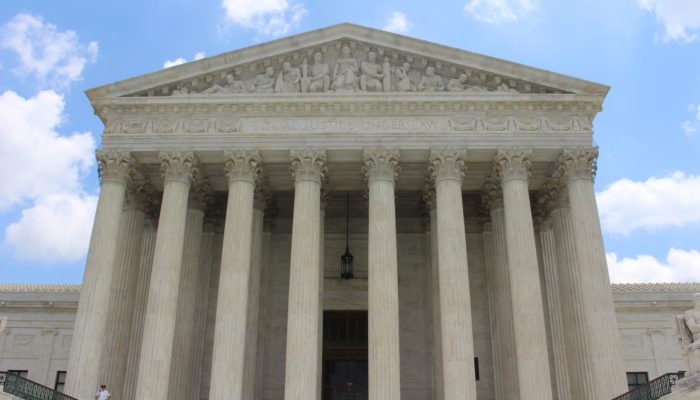In New York, if you lose a beloved family member as a result of malpractice or negligence, you can bring a wrongful death claim seeking damages. But, the current law only allows for the recovery of economic damages and does not allow for the recovery of damages for the pain and suffering or grief caused by your loved one’s death. The time has come to amend New York’s antiquated and discriminatory Wrongful Death Law.
The New York State Senate and New York State Assembly have passed legislation known as the “Grieving Families Act” and sent this proposed amendment to Governor Hochul for her signature. If it is signed into law, families of wrongful death victims will be able to recover damages for their pain and suffering.
Currently, in New York, the law only allows families of wrongful death victims to recover pecuniary damages or economic damages. These damages are generally calculated based on the earning capacity of the deceased person.
For instance, if the person supporting the family dies in an accident or as a result of medical malpractice, the family can recover damages which might include:
- Out of pocket expenses
- Funeral expenses
- Loss of financial support
- The value of services the deceased person would have provided to the family, had they been alive (loss of services).
- Loss of inheritance that the victim would have left for their loved ones
There is no statutory authority to seek damages for the grief or emotional damages caused by a loved one’s death. For decades, we have argued that this is not fair. It puts a value on people who work and earn but excludes many in society from seeking compensation where a loved one is lost. If the victim is a stay-at-home parent, an elderly person, a child, or a disabled person, the family might not be able to recover compensation, due to the lack of provable financial losses. This is a terrible insult to the lives of our loved ones.
Most other states recognize that the death of a loved one is measured in ways that don’t only include the amount of money that person brought to the household. The loss of a loved one causes immeasurable grief. When that loss was caused by someone else’s neglect, it is even worse. That is what the Grieving Families Act seeks to correct.
Damages Recoverable under the Grieving Families Act
If the act is passed, families of wrongful death victims will be able to recover non-economic damages, which include:
Grief and emotional anguish caused by the victim’s death
Loss of support, protection, and assistance
Loss of nurture, guidance, comfort, companionship, and consortium
The Grieving Families Act significantly increases the measure of damages for families in New York. We urge Governor Hochul to sign this Act into law.
The Act can be found at https://www.nysenate.gov/legislation/bills/2021/S74
The attorneys at Abend & Silber have been handling accident cases in New York for decades and have extensive experience in wrongful death cases resulting from negligence, accidents and malpractice.

